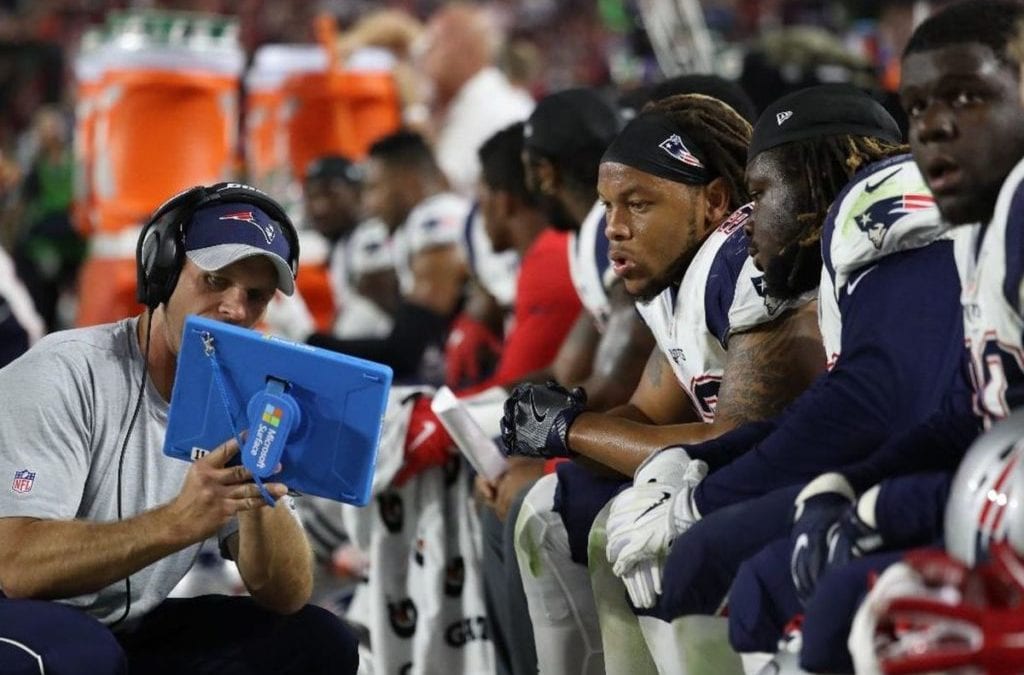By Tony Knopp
Microsoft got sued last week after an employee stole $1.5 million including company Super Bowl tickets. (Check out the indictment here.) How often are employees stealing or abusing sports tickets? As we told the Wall St. Journal: A law is being broken at almost every company with tickets.
That fact gets people angry. They go on the defense as if their competency, morality or ethics are on trial and they stand ready, usually brazenly, to defend their honor or the “high integrity” or their peers. But that doesn’t change the truth.
There are five cold hard truths about company tickets and T&E we’ve seen while managing billions of dollars in tickets over the past decade and what you can do about them:
1. Tickets are being stolen and/or misused in every office
It’s true. No matter how much infrastructure or effort is being put into making sure tickets go to the right people for the right reasons, tickets are being stolen, sold, or used for the wrong reasons. It can be something small like an exec taking their family to too many games. Sometimes it’s something major like an Olympic executive selling tickets on the side for $3 million in personal gain, but it is happening, no matter how big or small the firm.
To make things more difficult, the abusers are usually the most likable, popular folks in the room and the most resistant to oversight changes. As the saying goes, “a good crook appears trustworthy, otherwise they’d be a bad crook.”
2. Ticket Brokers are doing everything they can to get company tickets – and they’re winning
A ticket broker’s job is to get tickets cheap and sell them for more. The good ones run businesses doing tens of millions in ticket sales per year. Companies are a great place to find highly sought-after tickets. That’s why most medium-to-large companies have been infiltrated by a ticket broker and don’t know it.
Like those mentioned in rule #1, good brokers are likable and charming. They avoid the broker name to instill trust, instead labeling themselves as “consultants” or “hospitality experts.” And they’re getting tickets from companies by the hundreds of thousands.
3. Nobody is as unique as they think they are
Everyone believes they are the outlier – they are the company that isn’t breaking any rules, wasting any tickets, or having tickets sold out the back door. And in their small universe, they’re likely right. In psychology they call this “illusory superiority.”
But in the universe of 7,000+ companies with tickets and suites in North American alone, there are dozens of companies with strikingly similar goals, policies, politics, and sensitivities. More importantly, auditors don’t see a company’s “uniqueness,” they only see if that company is adhering to the laws and rules in place.
4. Every Company Gets Audited Every Year
The vast majority (over 90%) of companies get audited annually. If your company is public, has private investors, carries insurance or works with banks on financial business instruments, then you’re either getting audited externally or you’re voluntarily paying for one every year.
Just because sports tickets haven’t come up to the business side yet, it doesn’t mean they are not part of the audit report. They likely are in the report and are creating a real risk for your business and the programs themselves.
5. Seniority Creates More Risk
Sports and concert tickets have a lot of emotional value. Often that means the executive team gets first pick of the hottest events regardless of the business use case.
This belief in seniority leads to tickets getting hoarded, abused and misused, or sold out the back door. That leads to major penalties, fines, and, in Microsoft’s case, lawsuits.
If there isn’t a process in place for tickets to be removed from subjectivity and used based on merit, it is very likely many of or all five of these unfortunate circumstances are playing out despite the efforts of good, well-intentioned, highly-capable people.
Just please don’t kill the messenger!

